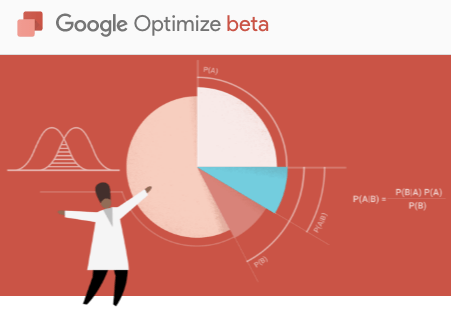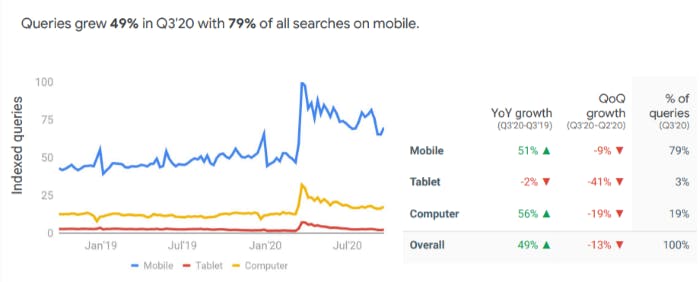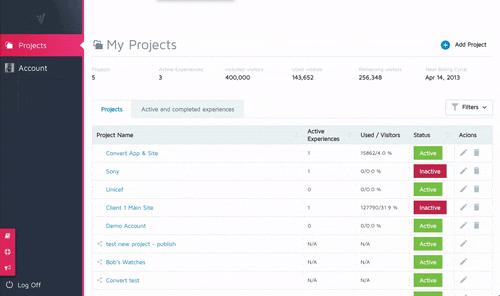In her Search Engine Journal coverage, Amy Bishop explains that there still may be value in multiple match types for the same keyword, and recommends running small tests in your own account to draw your own conclusions:
For now, let’s break down what Google is telling us in this announcement. Google says, “These rules ensure that the most relevant keyword will always be prioritized, so you can more easily use broad match and still maintain control.” They provide the chart below to illustrate the new logic.
“I believe that this is a blanket statement that does not apply across all advertiser use-cases. True to Cypress North’s core pillars, I spoke out against and challenged this sweeping advice. “
- Maintain better control over which keywords match to a search, especially with broad match.
- Reduce account complexity by giving you more control over where traffic goes without the extra work of multiple match types.
- Ultimately allowing you to more easily attract more relevant and high-performing traffic using fewer keywords.
To understand this point, you ned to know that prior to this announcement, the way matching logic would work is this:
If someone searches “quick sushi delivery near me” and you are targeting the phrase match fast sushi delivery and the broad match food delivery, Google will select the phrase match keyword because it’s more relevant—even if it has lower Ad Rank than the broad match keyword.
Point #1: BERT has improved broad match capabilities
Let’s say you have different variations of a keyword using multiple match types. If the search query is identical to those keywords, Google will prefer the exact match keyword you’re targeting (as long as it’s eligible to match).
With this update, if you don’t have an exact match keyword that matches a query, but have broad or phrase match keywords relevant to the query, Google will prioritize the versions of those broad or phrase match keywords that exactly match the query.
With this update, if you don’t have an exact match keyword that matches a query, but have broad or phrase match keywords relevant to the query, Google will prioritize the versions of those broad or phrase match keywords that exactly match the query.
With this update, if you don’t have an exact match keyword that matches a query, but have broad or phrase match keywords relevant to the query, Google will prioritize the versions of those broad or phrase match keywords that exactly match the query.
If someone searches a highly specific auto part like 1995 5 speed transmission seal input shaft, Google can now match that query to the broad match keyword auto parts.
Google says that this increased effectiveness of broad match can “reduce account complexity,” and eliminate the “extra work” of using multiple match types to control where traffic goes in your account:
If you have multiple keywords relevant to a query but but none exactly matching it, here’s how Google will choose:
Google’s latest announcement may be the most confusing one yet. Not like it’s Display ad announcement where we’re left questioning why it was even announced and exactly what is different. But more so because it involves match types, which, between quotations and parentheses, exact matches and close variants, requires some brain gymnastics no matter how experienced you are.
“Close variants behavior isn’t changing, so there’s still no need to list out plurals, etc. (Agree, that would be a pain.) And exact match will *still* be preferred over the same KW set to phrase or broad match.”
Here’s what others say
Ginny Marvin, Google Ads’ product liaison responded to Mark’s tweet saying:
Amy Bishop: “Putting all your eggs in the broad-match-basket could increase CPL.”
Julie Bacchini shares much stronger feelings about this update in her post called Google Ads Updates Keyword Matching – AGAIN. Some sneak peeks:
Again, this is only what Google is saying. What this means is, where you might previously have applied multiple match types to the same keyword, this is no longer necessary since if you have a broad match and phrase match keyword that exactly matches the query, it will be preferred.
Julie Bacchini: “Have you not been matching the most relevant keyword to the query up until this point?”
Here’s the example Google gives:
- “I should assume that Google Ads will be smart enough to know whether I actually offer a “1995 5 speed transmission seal input shaft” on my site?”
- “If the term matches an exact or phrase keyword, that should be the only “relevance signal” that is needed, no?”
- “No mention of our friend the “close variant” specifically in here either, so how that plays in?”
Greg Finn: “This is horrid generic advice.”
“Also note that when you use broad match with Smart Bidding, there’s no benefit to using the same keywords in multiple match types. Broad match already covers the same queries and improves performance with real-time bid optimization.”
Hopefully you now have a better understanding on how match type behavior has changed, what Google means by “improvements” to broad match, and how other advertisers are interpreting it. What about you? What are your thoughts on this match type update?
Greg Finn also responded with a counter blog post: Sorry Google, There Are Benefits to Using Multiple Match Types when Using Broad Match with Smart Bidding.
Mark Bissoni: “Covering every variation of a query so you’re eligible for exact match preference is a pain in the buttocks.”
He then goes on to provide four scenarios where it is beneficial to use multiple match types, even when using broad match with Smart Bidding.
“This means we need very long keyword lists (using the same match type) to cover every which way a keyword could be typed.”
Ginny Marvin: “There’s no need to list out plurals, etc.”
There are many aspects of the announcement that PPC experts disagree with, but we’ll get into that later.
The last point in the announcement tells us that if your keywords are relevant to a search query but none of them exactly match it, Google will not use just Ad Rank, but Ad Rank AND other relevance signals to determine the keyword it serves. “Other relevance signals” include the meaning and intent of the search term and the meaning of your targeted keywords based on their associated landing pages (thanks to BERT).
If someone searches for sushi delivery near me and you’re targeting broad match sushi delivery and broad match sushi delivery near me, the exactly matching broad match keyword sushi delivery near me will be preferred—unless you’re targeting exact match sushi delivery near me, in which case that keyword will be served.
What are your thoughts?
…this one is “Matching the most relevant keyword to every search.”






